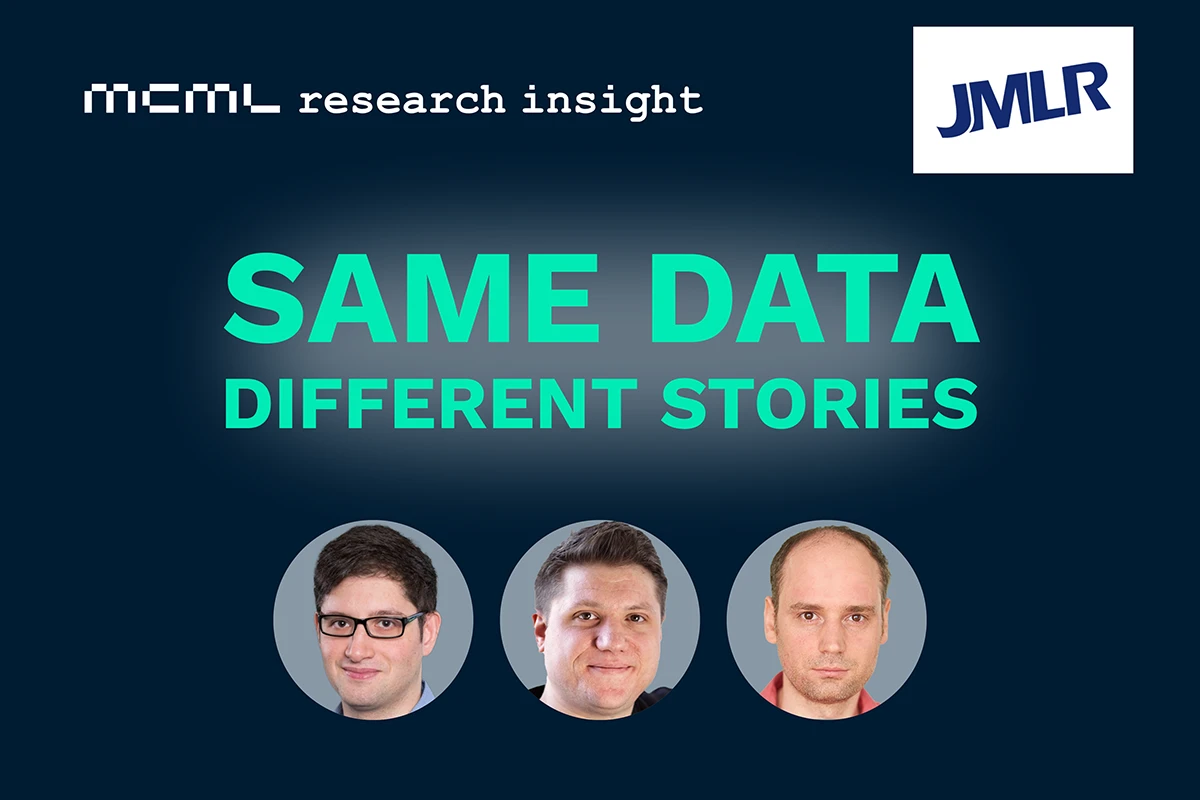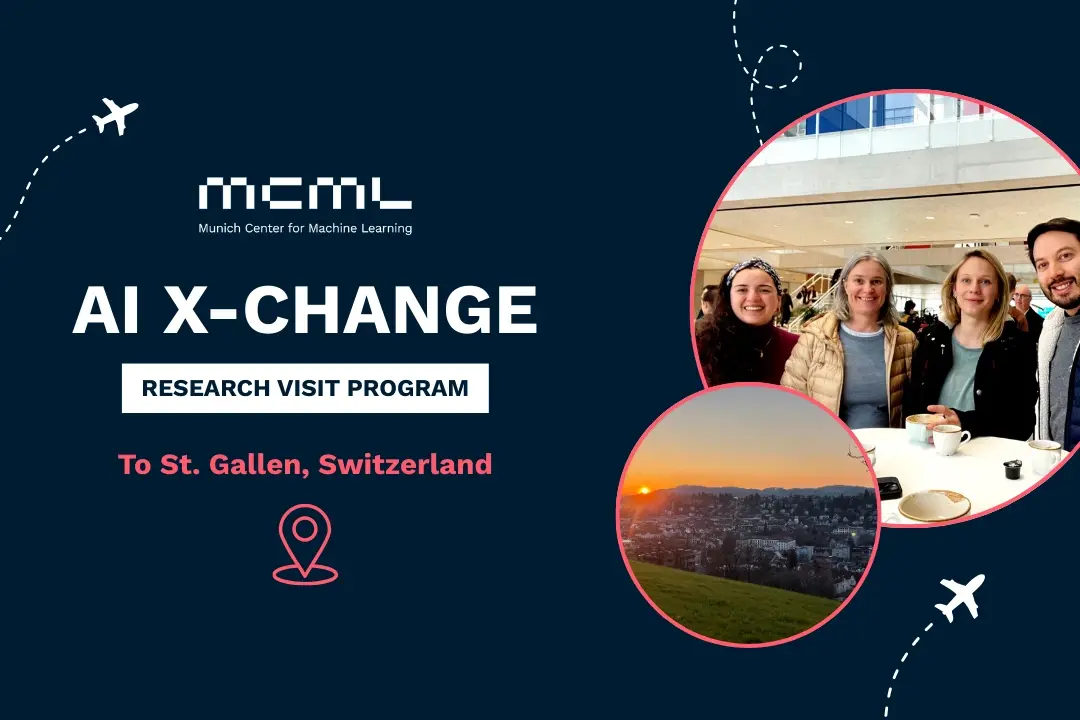06.03.2025

Research at EWCS at the Broad Institute of MIT and Harvard
Cecilia Casolo - Funded by the MCML AI X-Change Program
During my research stay at Broad Institute of MIT and Harvard in autumn 2024, I had the pleasure of being part of the research group led by Caroline Uhler, Director of the Eric and Wendy Schmidt Center (EWCS) at the Broad Institute, and Andrew (1956) and Erna Viterbi Professor of Engineering in EECS and IDSS at MIT. My three-month stay in Boston gave me the opportunity to investigate the application of causality and dynamical systems in biology. This research experience was made possible through the generous support of the MCML AI X-change program.
The Eric and Wendy Schmidt Center at the Broad Institute is an example of a research environment where biology and machine learning come together. The center is dedicated to fostering a collaborative relationship between these disciplines, with biological research questions driving advances in machine learning and vice versa. By leveraging the Broad’s vast data generation capabilities, the EWCS is at the forefront of developing methods that answer fundamental biological questions.

The Charles River in Boston is a great place for practicing sailing. If you have the chance, join the MIT sailing team!
Why causality matters in biology
The ultimate goal in biology is to understand the natural laws and dynamics governing life processes. This necessitates a shift from predictive models to a deeper understanding through causal modeling and mechanisms. The field of biology benefits from a wealth of interventional data, such as gene knockouts and pharmaceutical trials, providing fertile ground for causal modeling. However, significant challenges persist. In the causality literature, random variables, such as genes, are typically modeled as nodes in a causal graph. However, learning these causal structures from data is challenging due to the complexity of the datasets, the relevant measurement noise and the limitations of current causal discovery methods. This leads to the need for exploring different causal modeling approaches in this applied setting, including the use of representation learning methods. Representation learning applied to multi-modal data, together with domain-specific knowledge can indeed help to identify causal features that are consistent across different modalities and can contribute to answering biological causal-based downstream tasks, such as predicting the effects of unseen interventions/perturbations or experimental design.

View from the EWCS office.
Learning Microbial Interactions From Data
During my research stay, I had the chance to work on microbial time series data, with a particular focus on learning the dynamic interactions of microbes across different populations and interventional regimes, such as diets or medications. This interaction structure is receiving increased attention due to the significant implications that it has on regulatory functions among microbes, ultimately influencing the health status of the entire ecosystem. Given the scale and complexity of the microbiome, coupled with the limitations of current measurement techniques, learning the dynamics from the data is a challenging task. Therefore, an interesting research direction is to integrate domain-specific biological knowledge on the microbes with representation learning and neural-network based structure learning in dynamical systems.

NBA game at the TD Garden, go Celtics!
MCML AI X-Change Program Experience
Participating in a research stay during PhD studies offers invaluable benefits. It provides exposure to a different academic environment, fostering new academic collaborations. The firsthand experience of another research group’s culture and methodologies can significantly enrich one’s academic perspective. My stay in Boston was both academically enriching and personally rewarding. I would recommend a research stay in Boston, as its vibrant academic and cultural scene makes a research stay in this dynamic city even more attractive.
Cecilia’s exchange visit was a pilot for the MCML AI X-change program in which MCML junior members can apply for research visits abroad. More info can be found on the MCML website.
Related
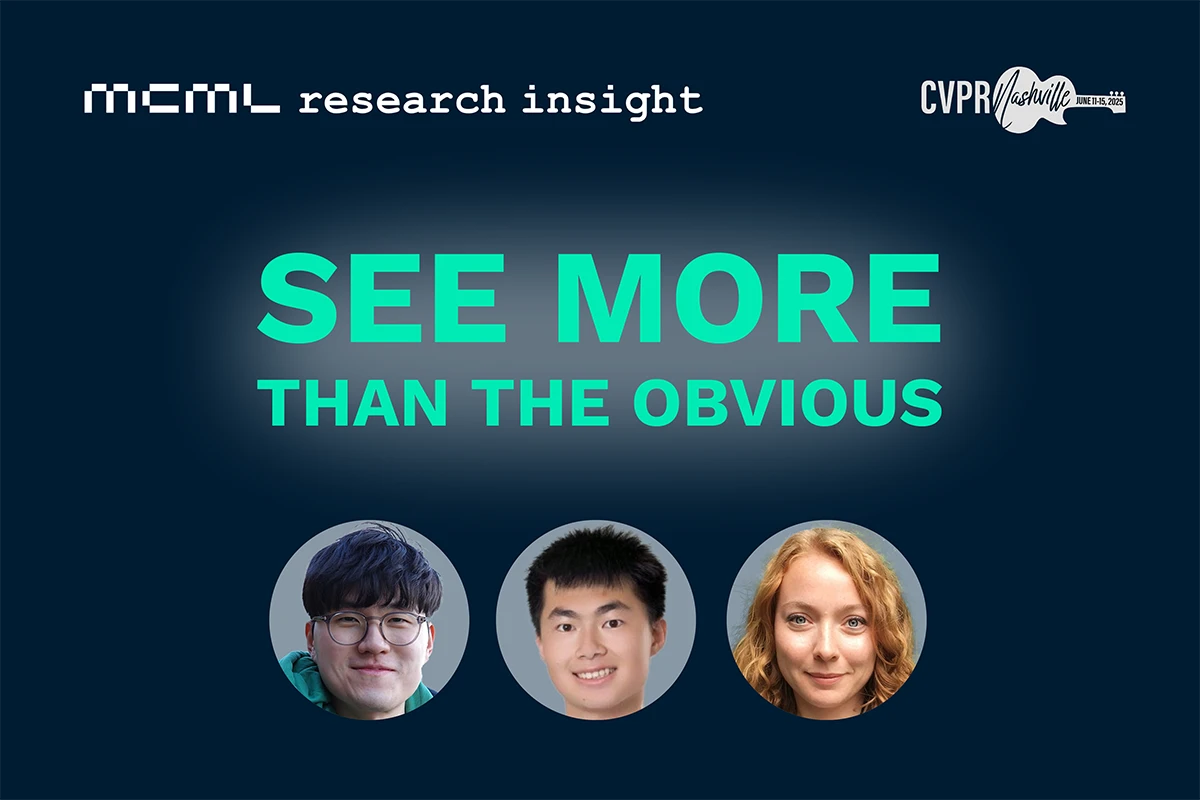
19.02.2026
COSMOS – Teaching Vision-Language Models to Look Beyond the Obvious
Presented at CVPR 2025, COSMOS shows how smarter training helps VLMs learn from details and context, improving AI understanding without larger models.
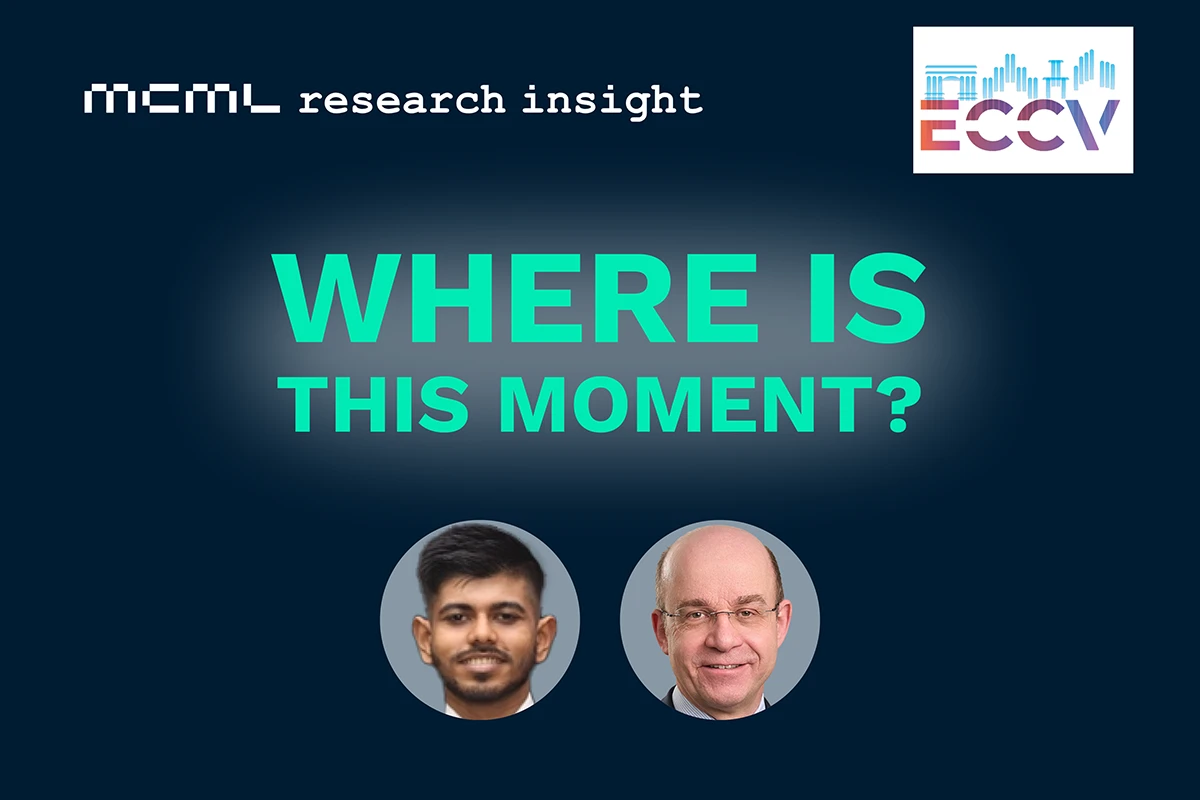
05.02.2026
Needle in a Haystack: Finding Exact Moments in Long Videos
ECCV 2024 research introduces RGNet, an AI model that finds exact moments in long videos using unified retrieval and grounding.
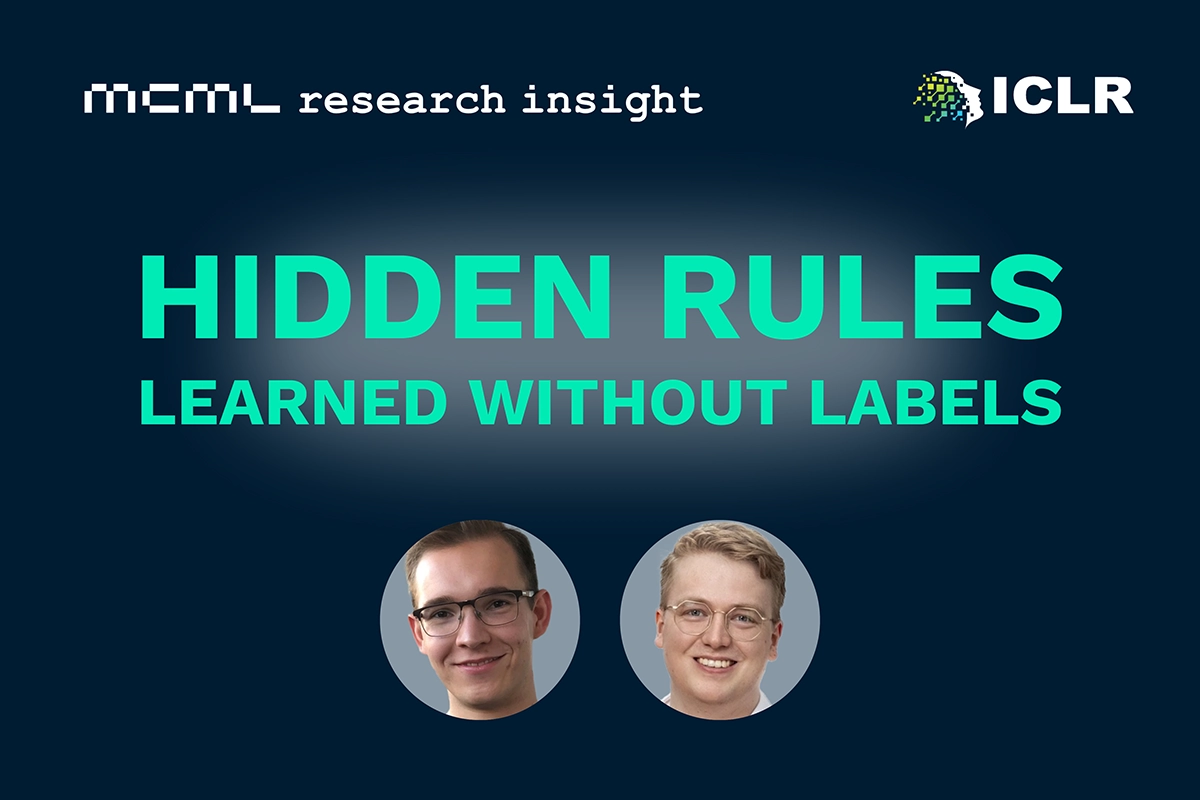
29.01.2026
How Machines Can Discover Hidden Rules Without Supervision
ICLR 2025 research shows how self-supervised learning uncovers hidden system dynamics from unlabeled, high-dimensional data.
